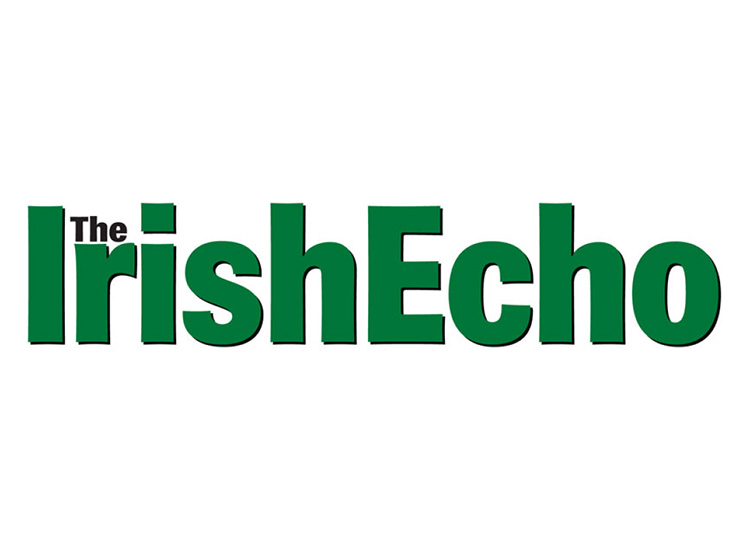Roy Keane, left, and Martin O'Neill pictured at what turned out to be their last home game in charge of the Republic of Ireland soccer team, the friendly game against Northern Ireland at the Aviva Stadium last Thursday. The game ended 0-0. INPHO/RYAN BYRNE
By Irish Echo Staff
Republic of Ireland manager Martin O’Neill and his assistant Roy Keane resigned their positions Wednesday after five years in charge. The announcement followed a meeting the men had in Britain last night with FAI Chief Executive John Delaney.
The move comes after a disappointing 12 months for the Republic squad – beginning with the failure to qualify for the 2018 World Cup and culminating with a disappointing inaugural Nations League campaign.
In its final game in that campaign on Monday evening, an uninspired Irish team drew 0-0 away against Denmark. Fans were hoping for a better performance in a game where nothing was at stake – with the Danes having already won the group and promotion and the Irish having been demoted. On last Thursday, the Republic were considered lucky to have kept the score 0-0 in a friendly in Dublin against the visiting Northern Ireland team managed by Michael O’Neill.
Even after those results, Martin O’Neill remained upbeat, saying that he was confident that he could bring the Republic to the 2020 Euros, in which Ireland is one of 12 host nations. However, criticism was mounting for an approach that had led to only one win (against the USA in Dublin) in the last 11 games, and O’Neill and Keane departed by “mutual agreement” with the FAI.
Delaney thanked the manager and his backroom team in a statement.
"There have been many highlights during Martin’s reign – none more so than Euro 2016 in France, which will live long in the memory of all Irish supporters,” he said.
"Martin did a great job guiding the team out of a difficult qualifying group – where we beat world champions Germany along the way – to reach Euro 2016 and advance to the Last-16 following a historic victory over Italy in Lille.”
O’Neill, who is 66, and the 47-year-old Keane both began distinguished playing careers in England at Nottingham Forest. However, while the Cork-born Keane was the dominant force in a Manchester United team that swept all before it under Alex Ferguson, he failed to make the same mark in management, with relatively brief spells at Sunderland and Ipswich. His abrasiveness and outspokenness were forgiven by many because of his brilliance and commitment on the playing field, but his style didn’t translate well to the managerial level.
Keane’s appointment to the Republic management team raised eyebrows because of his controversial departure from the Irish squad during the 2002 World Cup – the so-called “Saipan incident.” However until recently, when rows with key players were reported, he generally avoided controversy in his role as assistant to the quietly-spoken O’Neill.
A former Gaelic footballer from Kilrea, Co. Derry, O’Neill was talent-spotted by Forest when playing for Distillery in the Irish League. He quit his law studies at Queen’s University, Belfast, to take up soccer professionally in 1971. Nottingham Forest were crowned European Champions in 1979, but manager Brian Clough kept O’Neill on the substitutes’ bench because of his failure to fully recover from an injury. He was in the team that successfully defended the European Cup by beating Hamburg in the 1980 final.
O’Neill played 64 times for Northern Ireland, captaining the side to the World Cup in Spain in 1982 when it defeated the host team in the group stage.
The highlights of his 30-year managerial career include three Scottish league titles with Celtic and three consecutive 6th-place finishes with Aston Villa in the Premiership through 2010.
As it happens, the recently fired manager of Villa, Steve Bruce, is one of the names being suggested as a possible successor to O’Neill. Others are Dundalk’s Stephen Kenny and former England boss Sam Allardyce. It’s believed that the FAI will want to appoint a new boss before the Euro 2020 draw takes place in Dublin on Dec. 2.









